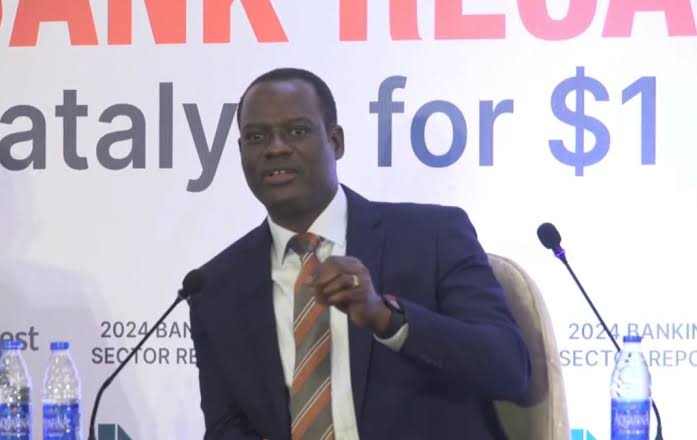The Federal Government has unveiled a tax reform package aimed at simplifying compliance, reducing the burden on small businesses and low-income earners, and strengthening Nigeria’s revenue system.
At a sensitization forum held at the International Conference Centre, Enugu, Mrs. Chioma Nweze, the Senior Special Assistant to the President on Community Engagement, Southeast zone, told participants that President Bola Tinubu’s administration is determined to make taxation fairer and more beneficial to ordinary Nigerians.
“Our women, especially market women, must understand why the government collects tax, what the government does with it, and how they should pay without exploitation.
“The president has removed fuel subsidy, unified the exchange rate, and increased allocations to states. These reforms will ensure more projects are delivered to benefit citizens,” she said.
She emphasized that sensitizing women was deliberate, recalling that historical revolts such as the Aba Women’s Riot of 1929 were caused by unfair taxation.
“When women are informed, they carry the message to their families and communities. We don’t want exploitative practices to return; instead, women should be empowered to benefit from government initiatives,” she said.
Presenting his paper, Barrister Chukwumeka Eze, Chairman of the Tax Appeal Tribunal, Southeast Zone, explained that four new tax acts were signed into law on June 26, 2025, and now consolidated more than 20 scattered tax laws.
“This is progressive taxation. The rich will now pay more within their means, while the poor will be protected. The days when wealthy individuals paid little tax are gone,” Eze stressed.
He added that the reforms also introduced a Tax Dispute Resolution Mechanism that allows citizens to lodge complaints free of charge, with resolutions provided within 7–14 days.
Also speaking, a tax professional and Chartered Accountant, Mr. Innocent Chinyere Ohagwa, said the reforms were necessary to strengthen Nigeria’s fiscal base, describing SMEs as the “lifeblood” of the economy.
“SMEs account for more than 90% of businesses and nearly 60% of jobs in Nigeria. By removing multiple taxation and unfair levies, the government is giving them space to grow, create wealth, and support economic diversification,” he said.

